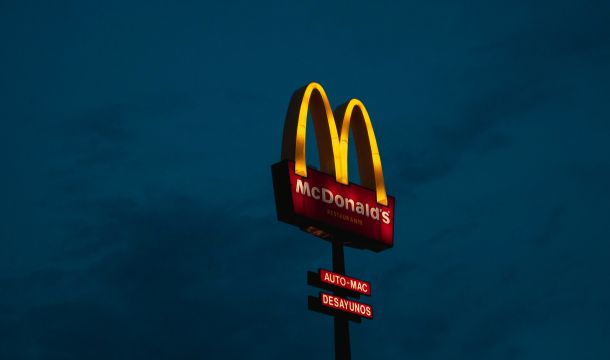Should Employers Consider Deleting Pot from Their Drug Tests?
The U.S. is currently experiencing the tightest labor market in 17 years. At the same time, marijuana is becoming more widely accepted in the U.S., as about two-thirds of Americans support its legalization. More than half dozen states have legalized pot for recreational purposes, and 29 states have legalized it for medical purposes. Employers do not screen applicants for alcohol, so in this type job market, some are asking why screen for pot?
Other considerations are involved. Pot stays in one’s system for approximately a month, and thus a person may be disqualified from employment for minor recreational use some time ago. Further, pot does not create the same dehabilitation features during work as does alcohol and many other drugs, but it does have other adverse effects on the body.
There are some countervailing considerations, however. If a significant portion of the employer’s business comes from federal contracts, the employers are subject to the Drug-Free Workplace Act of 1988, which requires such employers to prohibit employees from engaging in the unlawful possession or use of any controlled substance, including marijuana. Employers must still test for pot under Department of Transportation rules for those to which the rules apply. Many are concerned because U.S. Attorney General Jeff Sessions rescinded the Obama-era policy that did not enforce federal drug laws in states in which pot was legalized. U.S. attorneys thus can now bring drug cases in the 29 states where cannabis is legal, but most do not expect many of these cases to be brought. In any event, the employment of pot users is not against the law, particularly if employers do not allow pot consumption on their premises.
There are special public relations issues, as most employers that have ceased testing for pot do so without fanfare. AutoNation, for example, no longer refuses to hire applicants who test positive for marijuana in drug screenings, and they made the change silently two years ago. AutoNation still rejects those who test positive for other illegal drugs.
Related Content
Get Email Updates

Judge Invalidates Joint Employer Rule, and Independent Contractor Rule Takes Effect

The Importance of Fairness in Employment to the Law and to Job Satisfaction

Major Employers Challenge Constitutionality of Labor Act

Starbucks' Big Change in Labor Policies

Judge Orders Survey Data to Be Revealed from Employer EEO-1 Reports




